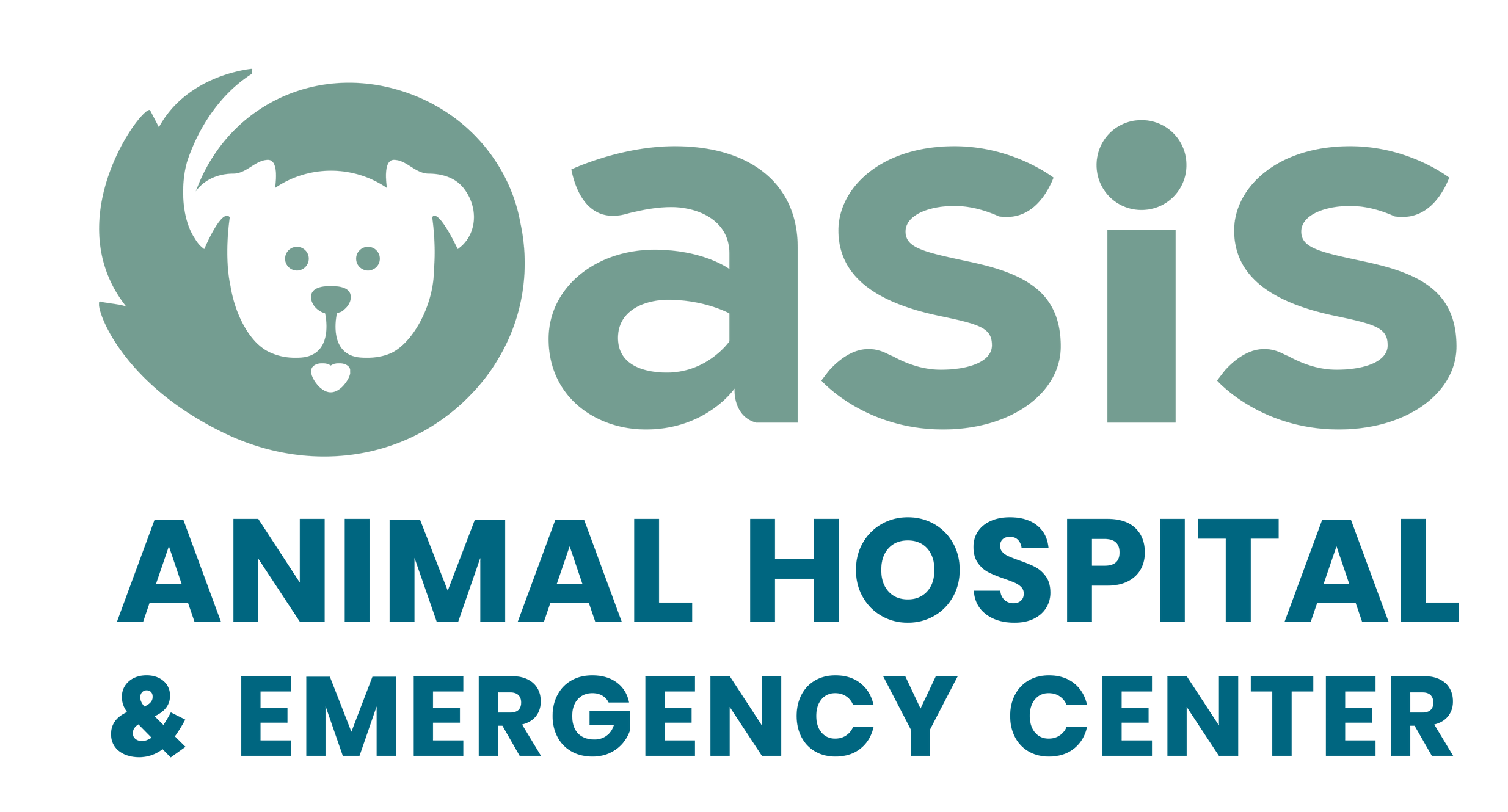Introduction
 Pets are beloved members of our families, providing companionship, joy, and unconditional love. However, just like humans, pets can experience emergencies that require immediate attention and care. As responsible pet owners, it is essential to be prepared and educated on how to handle pet emergencies to ensure the safety and well-being of our furry friends. In this article, we will discuss common pet emergencies, how to recognize them, and the steps to take when they occur.
Pets are beloved members of our families, providing companionship, joy, and unconditional love. However, just like humans, pets can experience emergencies that require immediate attention and care. As responsible pet owners, it is essential to be prepared and educated on how to handle pet emergencies to ensure the safety and well-being of our furry friends. In this article, we will discuss common pet emergencies, how to recognize them, and the steps to take when they occur.
Common Pet Emergencies
-
Choking: Pets, especially dogs and cats, may swallow small objects or food items that become lodged in their throats, causing choking. Signs of choking include coughing, gagging, difficulty breathing, and pawing at the mouth.
-
Poisoning: Pets can ingest toxic substances such as household chemicals, plants, medications, or human foods. Symptoms of poisoning can vary widely but may include vomiting, diarrhea, lethargy, seizures, or difficulty walking.
-
Trauma: Pets can suffer from accidents or injuries, including fractures, cuts, and burns. Signs of trauma can range from limping and bleeding to obvious fractures or open wounds.
-
Heatstroke: Pets are susceptible to heatstroke, especially during hot summer months. Symptoms include excessive panting, drooling, weakness, vomiting, and elevated body temperature.
-
Seizures: Seizures can occur suddenly in pets and may manifest as involuntary muscle contractions, loss of consciousness, and drooling.
-
Respiratory Distress: Pets can experience difficulty breathing due to various causes, such as allergic reactions, asthma, or foreign object inhalation. Signs include rapid breathing, coughing, or wheezing.
Recognizing Pet Emergencies
Being able to recognize the signs of a pet emergency is crucial. If you notice any of the following symptoms or behaviors in your pet, it's time to take immediate action:
-
Difficulty breathing
-
Profuse bleeding
-
Loss of consciousness
-
Seizures
-
Uncontrolled vomiting or diarrhea
-
Inability to urinate or defecate
-
Extreme pain or distress
-
Swollen or distended abdomen
-
Ingestion of a toxic substance
-
Obvious injuries or fractures
Steps to Take in a Pet Emergency
-
Stay Calm: In any emergency situation, it is essential to remain as calm as possible. Your pet will be more likely to stay calm if they sense you are not panicking.
-
Ensure Safety: If the emergency occurs near a road or other dangerous area, move your pet to a safe location if possible.
-
Assess the Situation: Quickly assess your pet's condition, paying attention to their breathing, consciousness, and any visible injuries.
-
Contact a Veterinarian: Call your veterinarian or the nearest emergency veterinary clinic to let them know you're coming. Follow their guidance and instructions. A thorough physical examination by a licensed veterinarian is the best option for any pet during any emergency.
-
First Aid: Administer basic first aid if you have the necessary supplies and training, but be cautious not to worsen the situation. For example, you can perform CPR if your pet stops breathing and you are trained in pet CPR.
-
Transport Safely: If your pet needs immediate medical attention, transport them to the veterinarian in a safe and secure manner. Use a carrier or a blanket to immobilize your pet if necessary.
-
Keep Records: Bring any relevant medical records, your pet's identification, and insurance information to the veterinary clinic to help with the diagnosis and treatment process.
Conclusion
Pet emergencies can be frightening, but being prepared and knowing how to respond can make all the difference in saving your beloved pet's life.
Remember that time is of the essence in these situations, so act quickly and seek professional veterinary care as soon as possible.
Regularly reviewing first aid procedures, keeping emergency contact information handy, and being vigilant about pet safety can go a long way in preventing and managing pet emergencies effectively. Your pet's well-being is worth the effort and preparation required to handle emergencies with care and confidence.
Oasis Animal Hospital offers pet urgent care and emergency service 8 AM To Midnight, 7 Days A Week, and all holidays.
